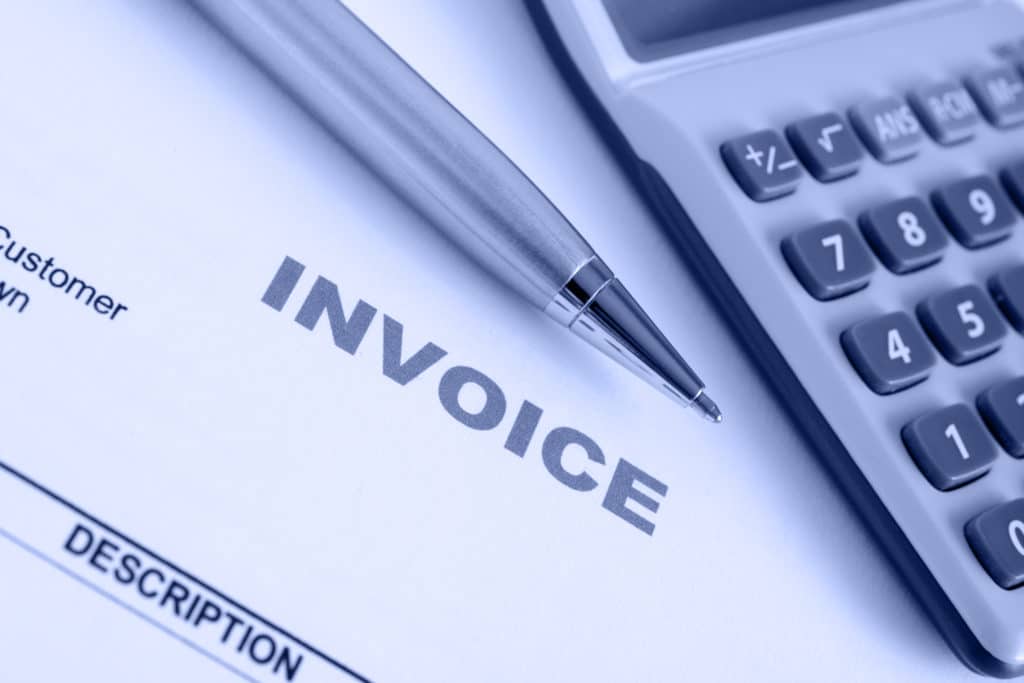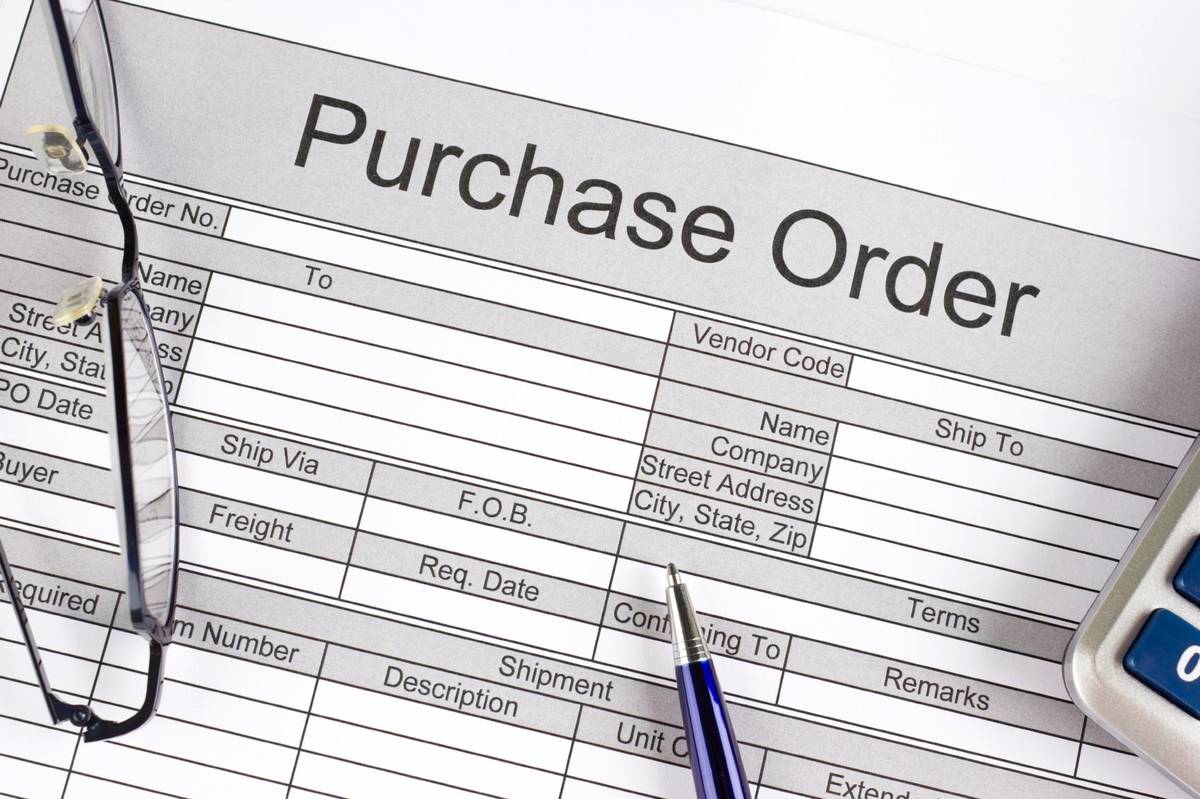A factoring company is a financial institution specializing in financing invoices to help companies improve their cash flow. This article guides you on how to pick a factoring company for your business.
Factors don’t lend you the money; they purchase your pending invoices so you can get the cash you need quickly. Factoring companies help eliminate the usual 30-60 day waiting period for your outstanding invoices. Instead, you can get the money right away.
When running a small business, a factoring company may solve most of your working capital needs.
This is because small and medium-sized businesses SMEs do not always find banks and other financial institutions offering them financial solutions.
Also Read: Performance bonds
How to pick a Factoring Company
Here is how you can choose a Factoring Company for your Business:
1. Research about its background
When you are looking for a factoring company, you need to check the business in question. You need to check on their history to avoid companies that may end up being a fraud.
Also, look at a company’s past transactions to make sure that they handle their operations and factoring customers with respect.
You may be dealt with a big blow if you do not do your due diligence and then end up with a factoring company that doesn’t respect business ethics.
You may end up losing clients because you have chosen a factoring company that handles them unethically.
Other customers may as well go as far as using your business, adding more expenses which is not a good idea altogether.
2. What are the terms and rates or fees of factoring?
Depending on the factoring company, this can be your only fee, or this can be just the fee to cover the Factor’s risk and overhead.
Make sure to ask the Factor when doing your research. This fee primarily covers all of the collections work, including the processing of invoices and collection from your customers, the account debtors.
It is typically charged based on the total value of the invoice amount you assign to the Factor.
For many factoring providers, this fee also covers the cost of funds for invoice financing.
Factoring rates are based on monthly, quarterly or seasonal sales volume or cycle. You will see many Factoring providers tout their no minimums policy.
However, these are typically at a much higher rate in the Factor’s term contracts. Again, it’s essential to ask about the contract terms.
3. Does the factoring company offer recourse or non-recourse funding?
Recourse funding requires the business owner to guarantee and assume the risk if their customer fails to pay the factored invoice.
In non-recourse funding, the Factor assumes all risk of non-payment of a factored invoice, and the business owner assumes no risk.
However, given the higher risk, less than 20% of factors offer non-recourse funding, and those that do will typically have a higher fee structure.
Also Read: Tips on how to get a small business loan
4. How to pick a factoring company by flexibility
Make sure you choose a factoring company that offers flexibility.
You also need to find out if the company you are dealing with requires long-term contracts, pre-payment penalties and monthly minimums.
Additionally, choose a factoring company that allows you to choose which invoices you want to factor.
You need to avoid terms in which you have to factor all invoices or Factor all invoices from a particular customer.
Lastly, some factors will take over your accounts receivable function, which means they will be responsible for sending all invoices and collecting on them.
While this outsourcing might seem appealing, many small businesses prefer to retain ownership over their customer relationships and send their invoices.
5. Compare and contrast
Always have a couple of option in mind when looking for a factoring company, having many options in mind is still better than a handful.
This gives you the option to look and the advantages and the setbacks of each.
Details such as the period by which the company allows the customers to pay the invoice, the percentage of the permitted cash on the invoice and the requirement for invoice factoring are very vital.
6. How to pick a factoring company by experience
When searching for a factoring company, try to find one that has experience with businesses like yours and has been in business for a decent time.
Although the process of factoring invoices might be standard, some industries may require different services than others.
For example, freight factoring companies offer different benefits to truckers, such as fuel cards or fuel advances.
7. Integrity
This Factor is hard to quantify, yet, extremely vital. You want to deal with a factor which keeps his promises, fairly treats your customers, and doesn’t surprise you with hidden factoring fees.
Make use of your resources; you can request your Factor to provide you with bank references, client references and a summary of their financial status.
You need your factoring company to have a strong credit history and a list of long-term clients.
Remember, your Factor will be your working partner, so a demonstrated track record of professionalism is crucial.
What are the benefits of Invoice Factoring?
Invoice factoring will allow your business to efficiently manage its cash inflow and daily activities as well as take advantage of growth opportunities. The benefits of invoice factoring include:
- Fast access to cash;
- Flexible, negotiable terms;
- Reasonable service fees;
- Professional receivable management and industry experience;
- Based on your clients’ creditworthiness, not your credit line;
- Provides free back-office support;
- Factoring is not a loan, meaningless debt on your balance sheet;
- Funding grows as your receivables grow.
Also Read: 10 tips for SME Financing in 2019
What are the different types of Invoice Factoring?
-
Recourse Factoring
It is the most common type of factoring services. You, as an owner, assume the risk if your customers fail to pay your Factor. The rates of recourse factoring are the most competitive.
-
Non-Recourse Factoring
The factoring company assumes the risk in case of non-payment, meaning that you are not liable to repay the Factor if your customers fail to pay. The fees can be higher as the Factor is taking a significant risk. However, BusinessCash.come utilizes credit insurance at very competitive rates and passes this on to you as credit protection.
-
Spot Factoring
Your business can factor a single invoice on a one-time basis. The most expensive type of factoring as the risk is concentrated into one separate invoice.




